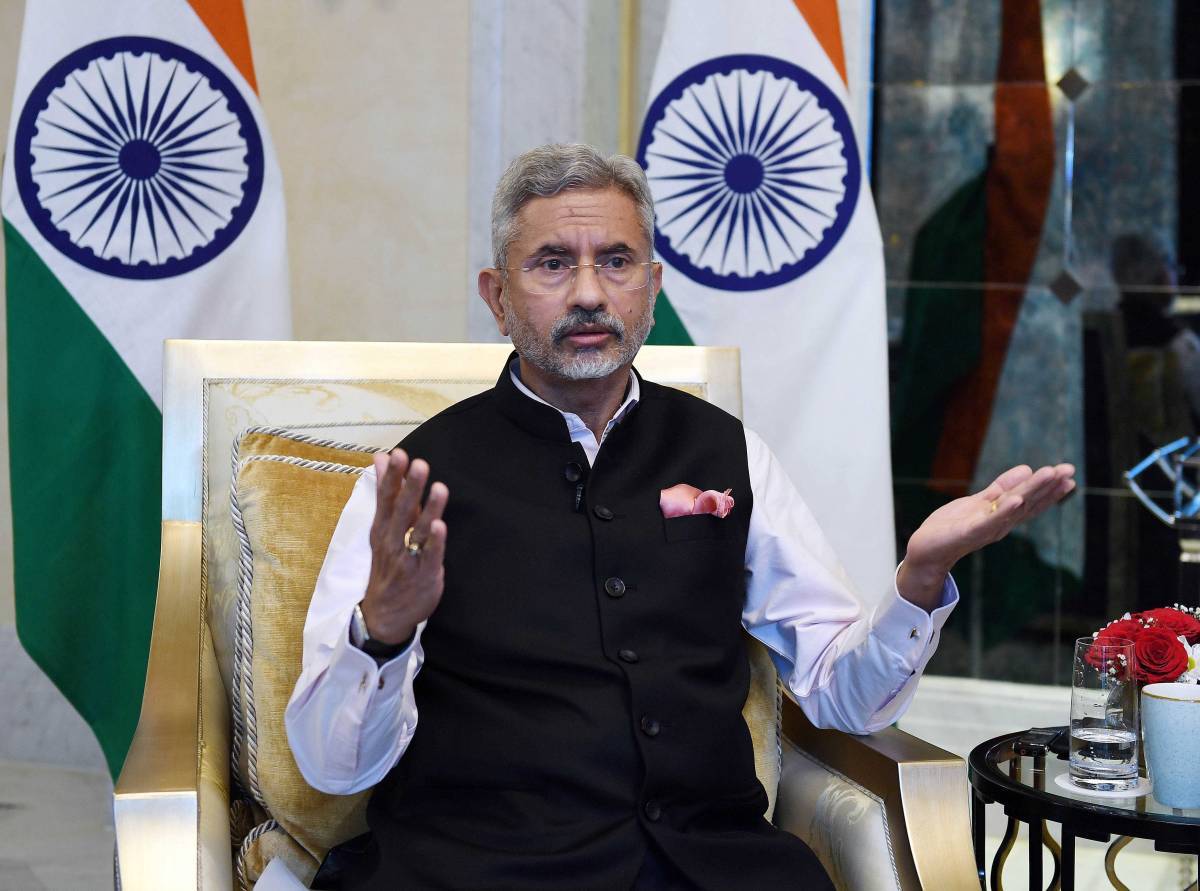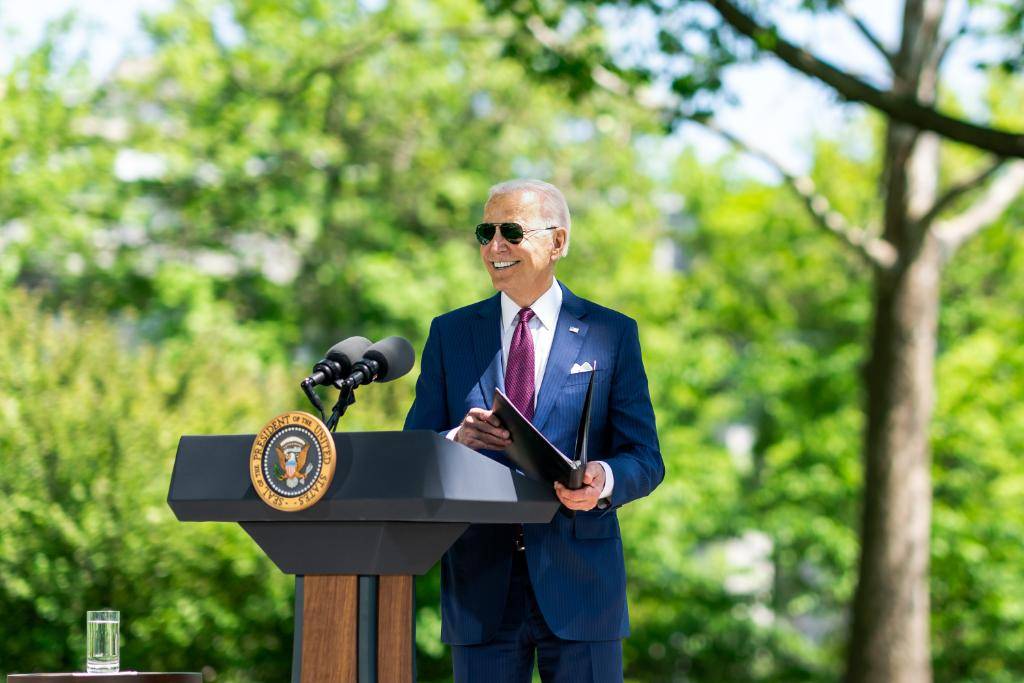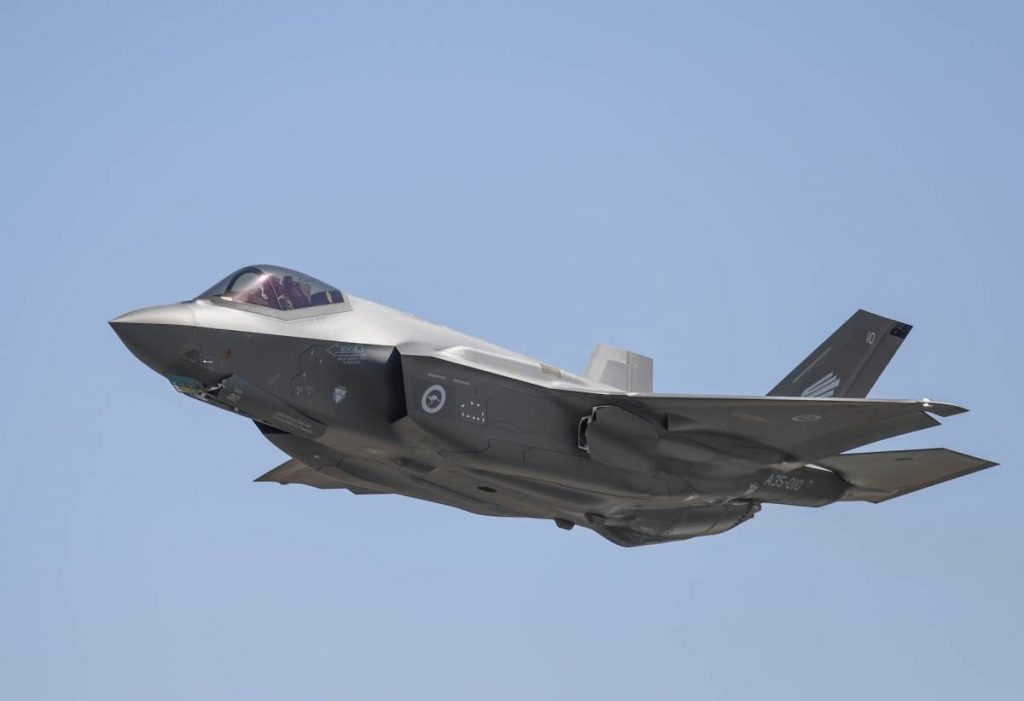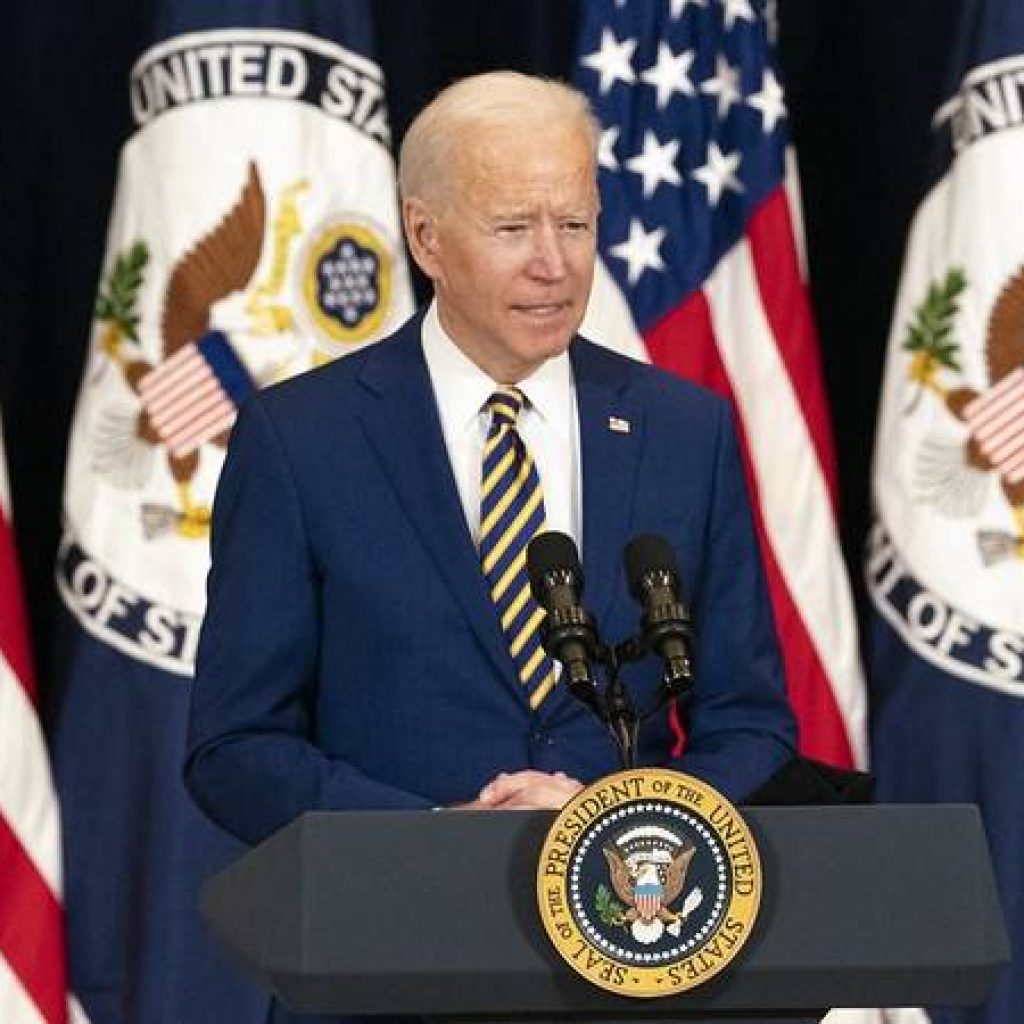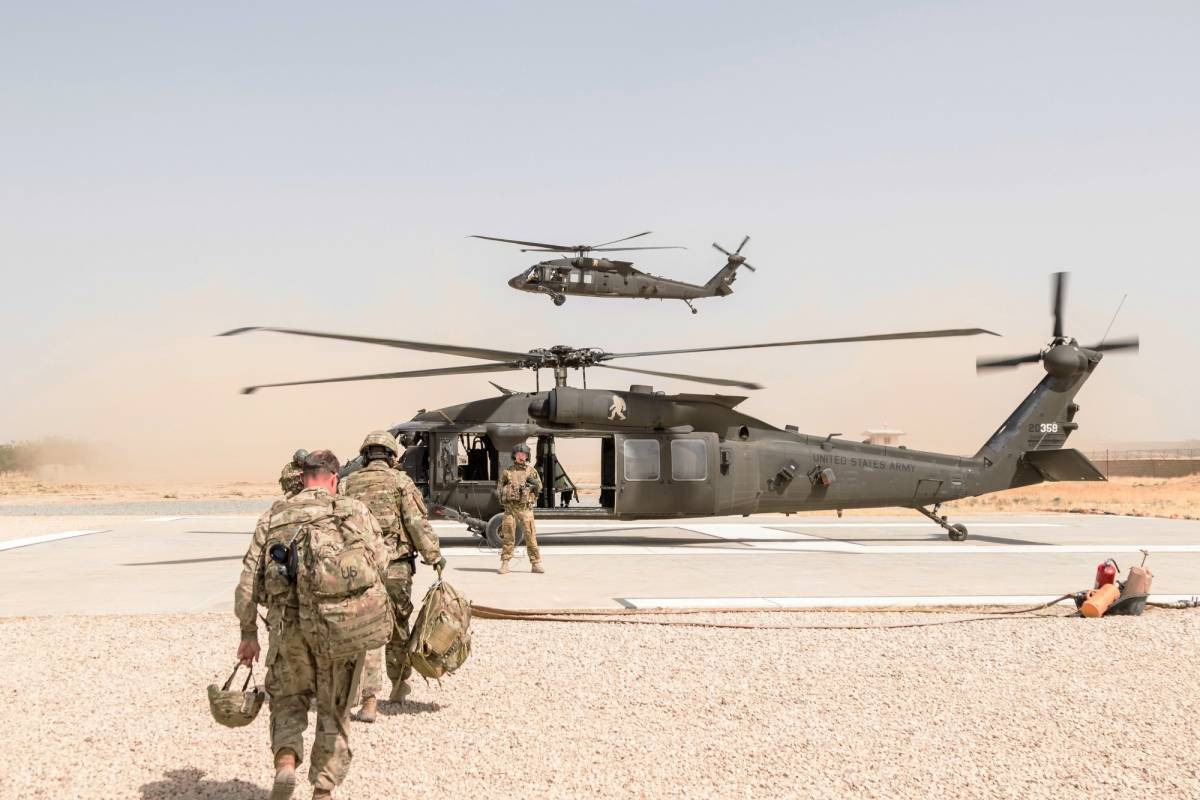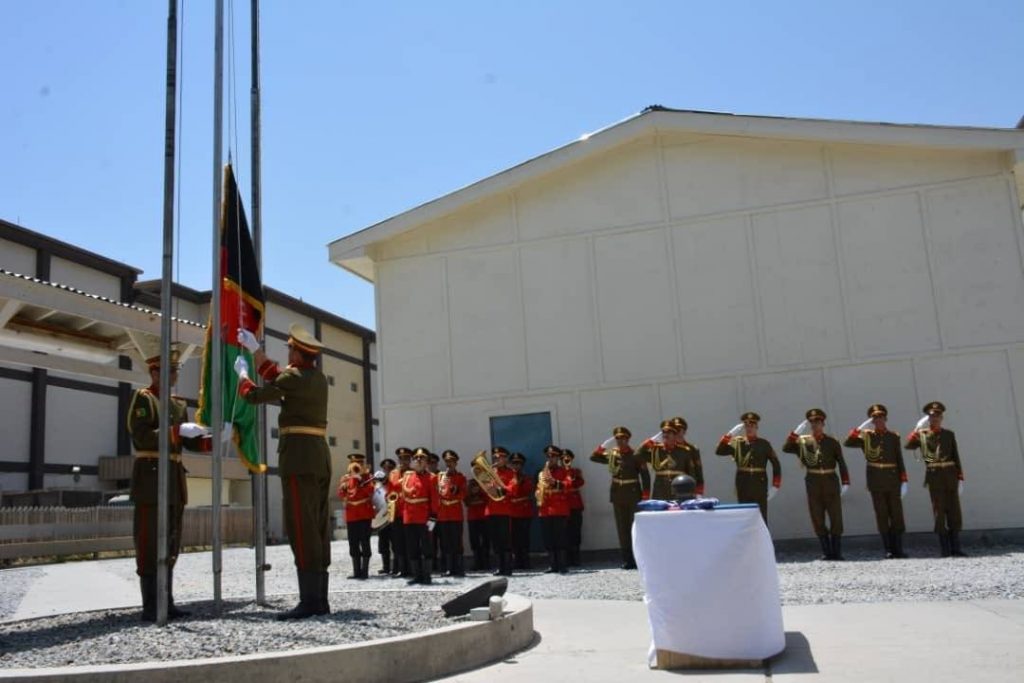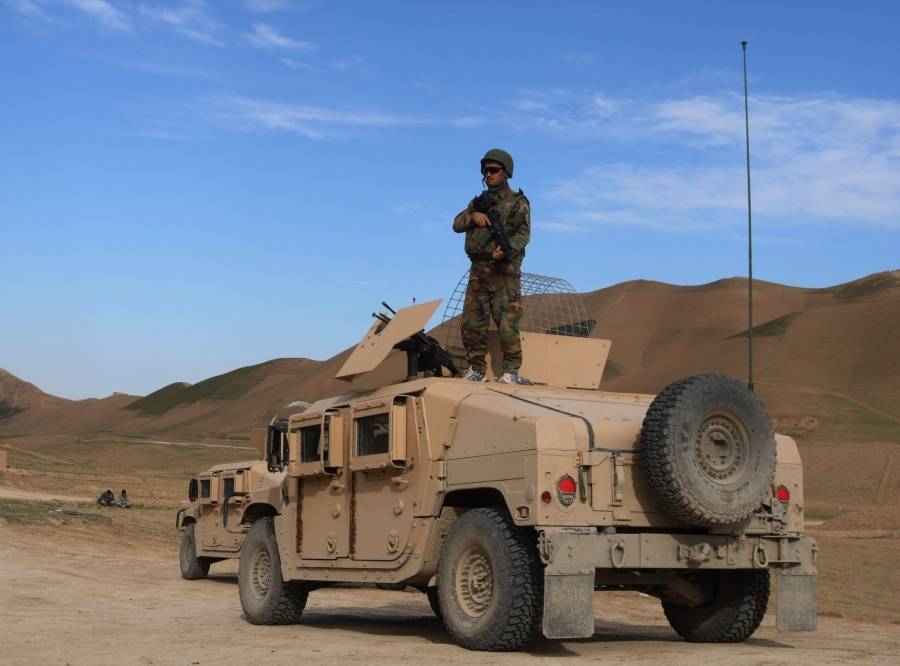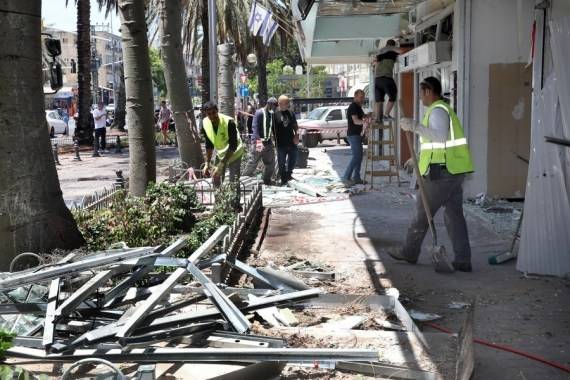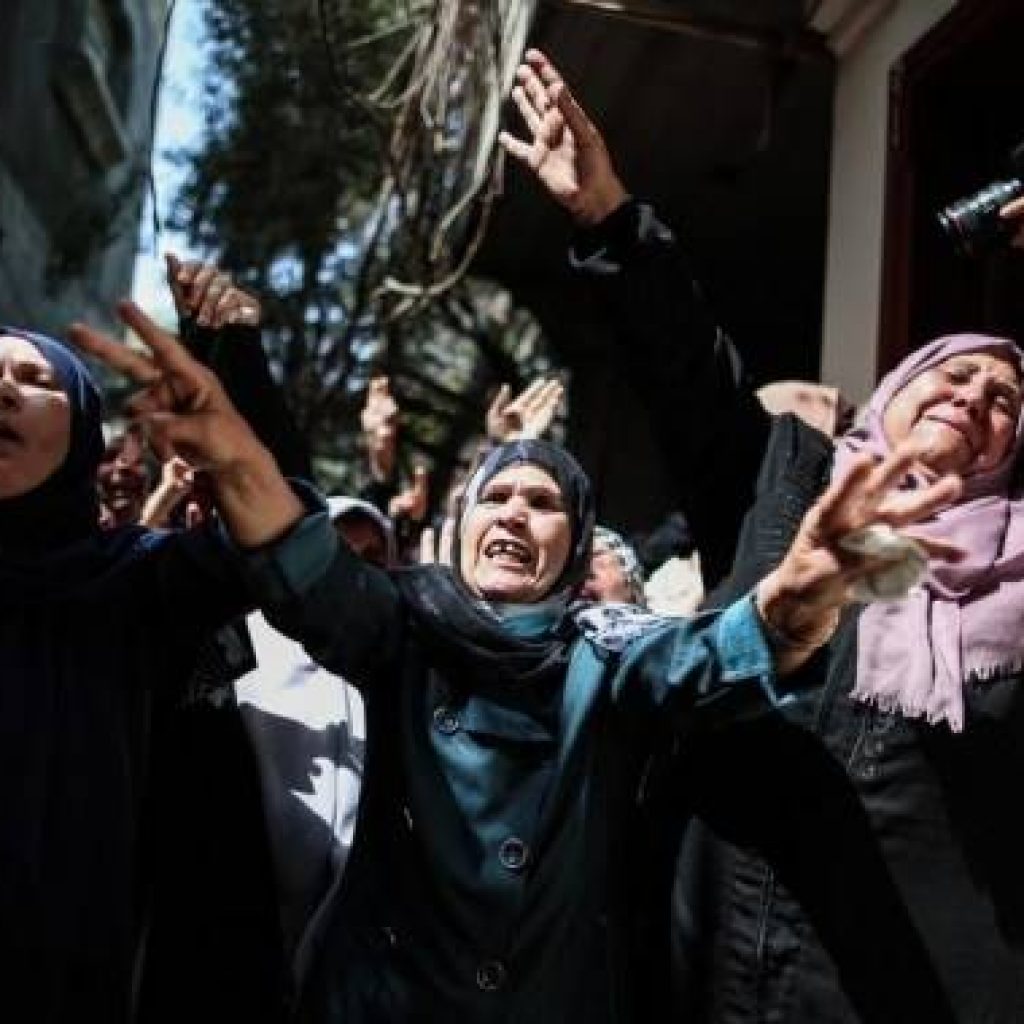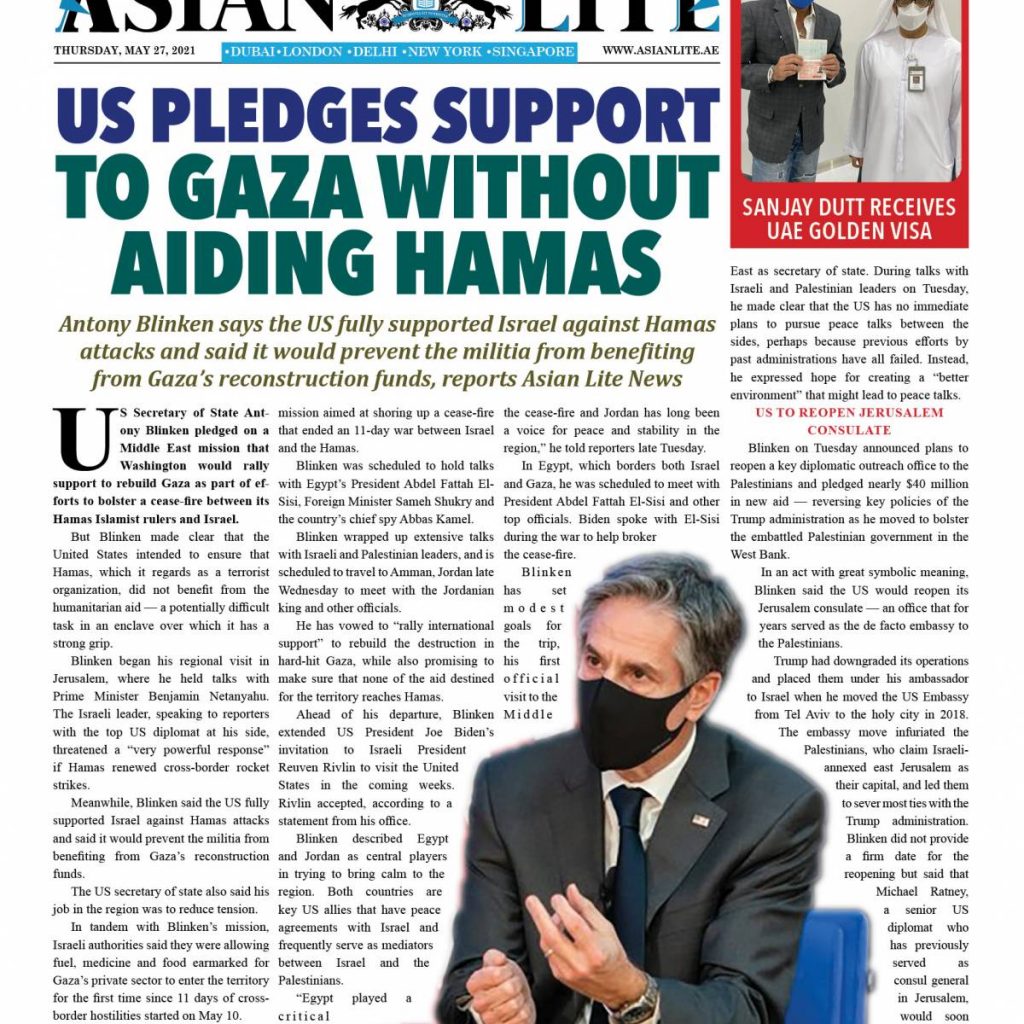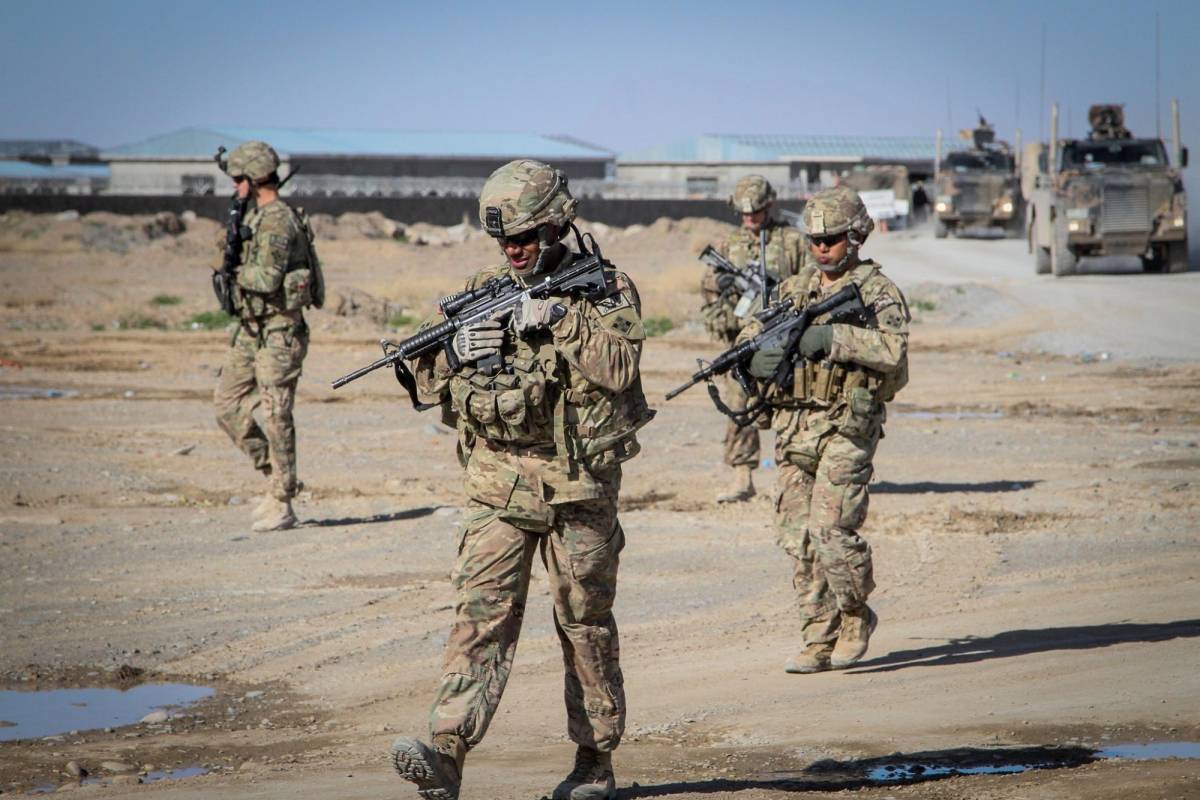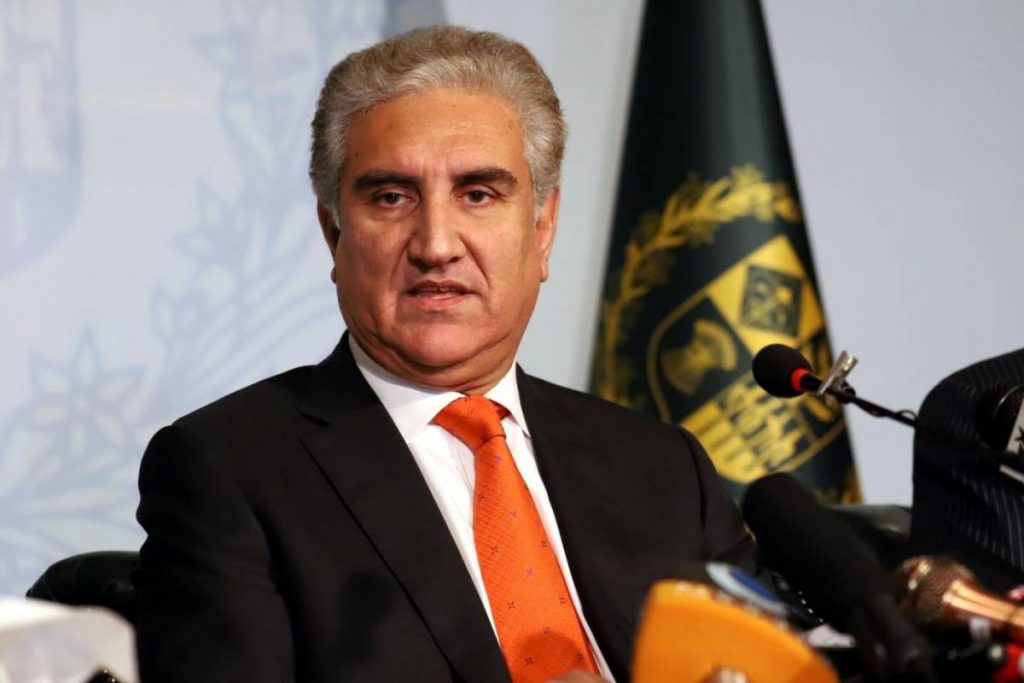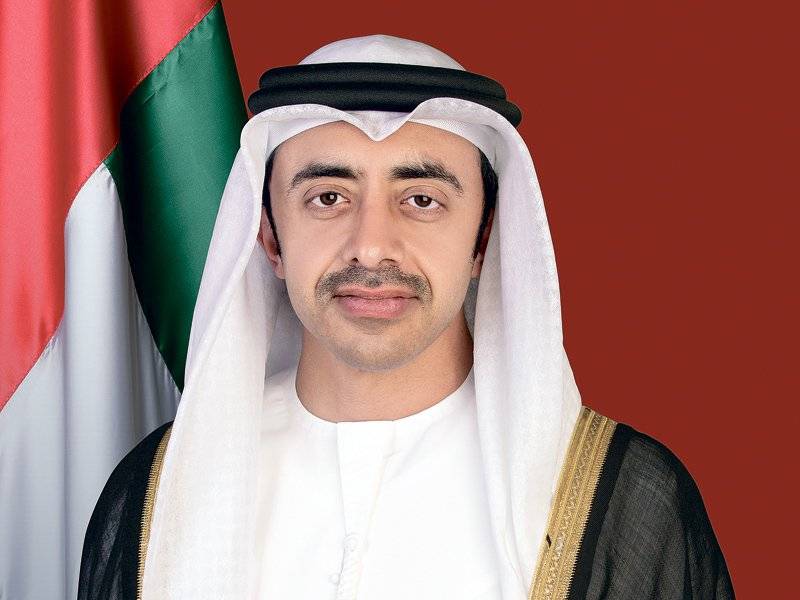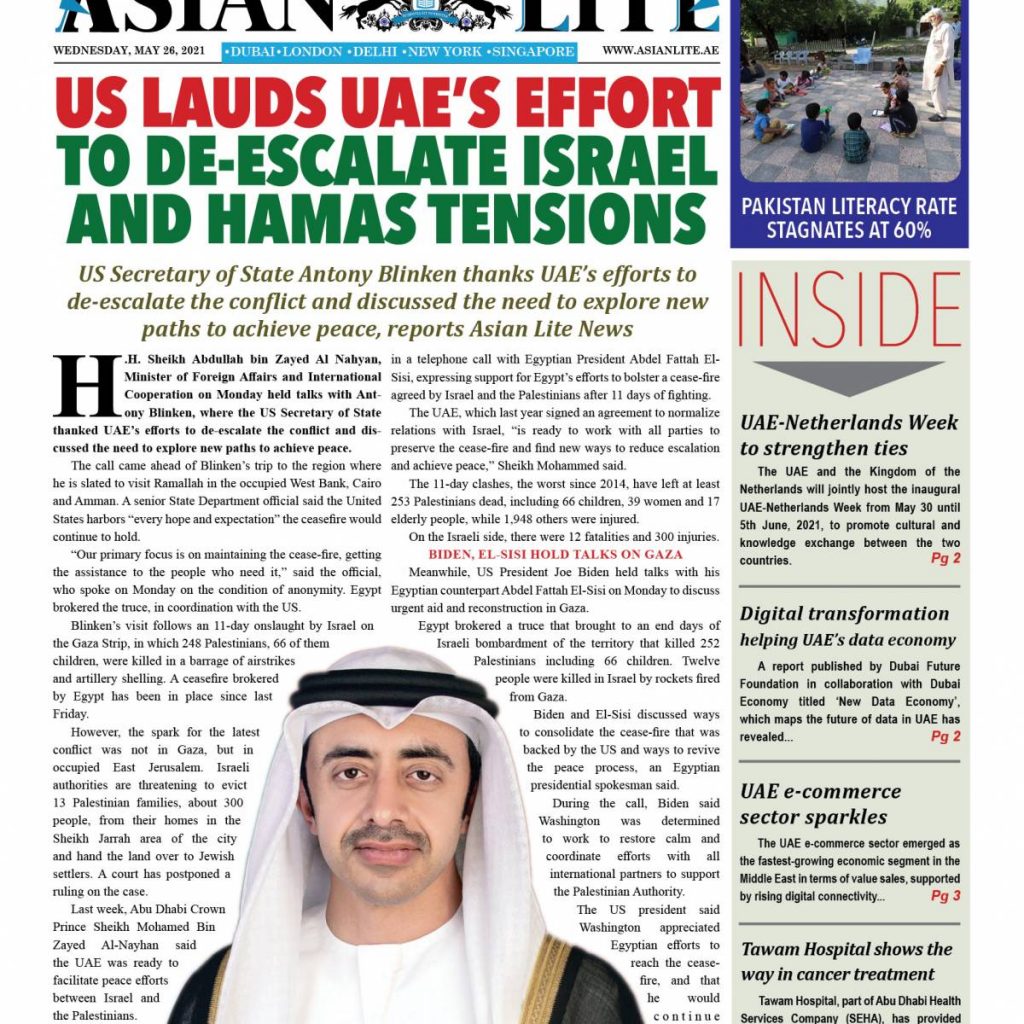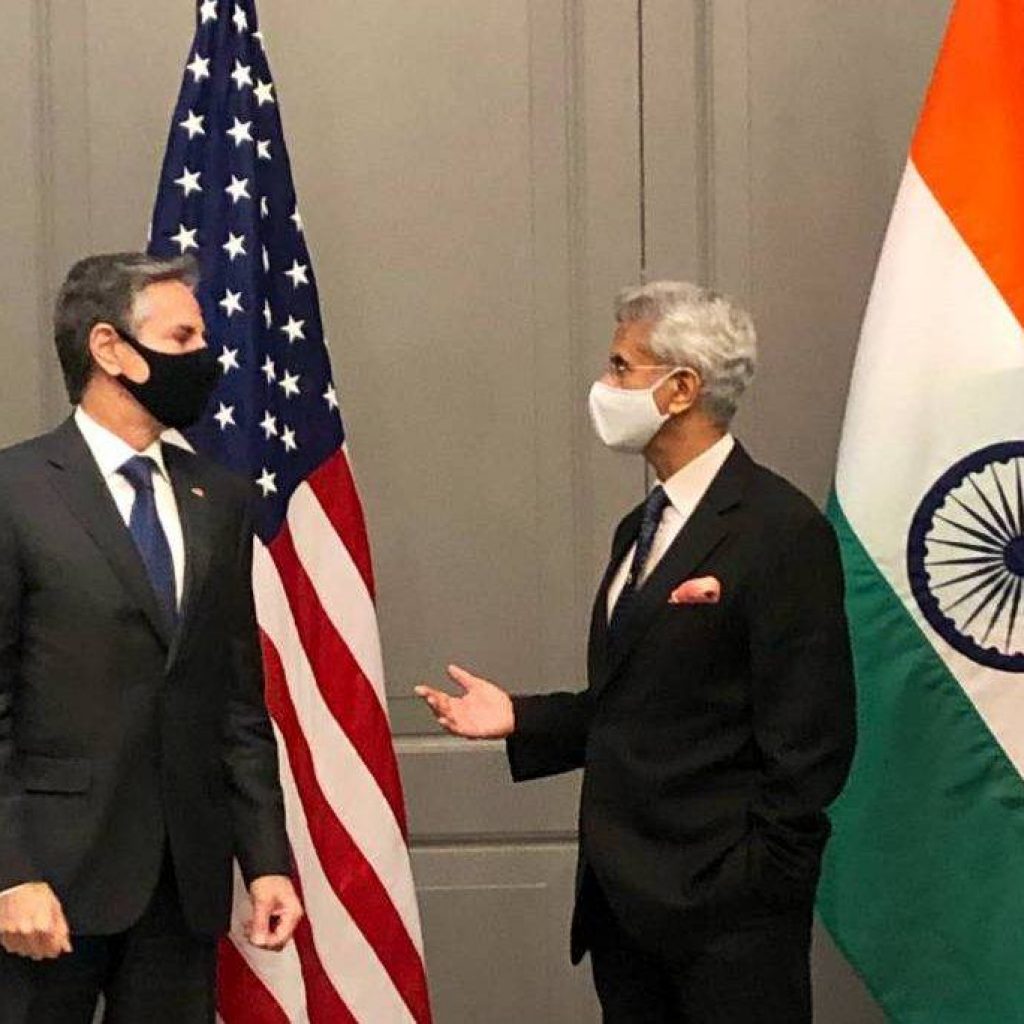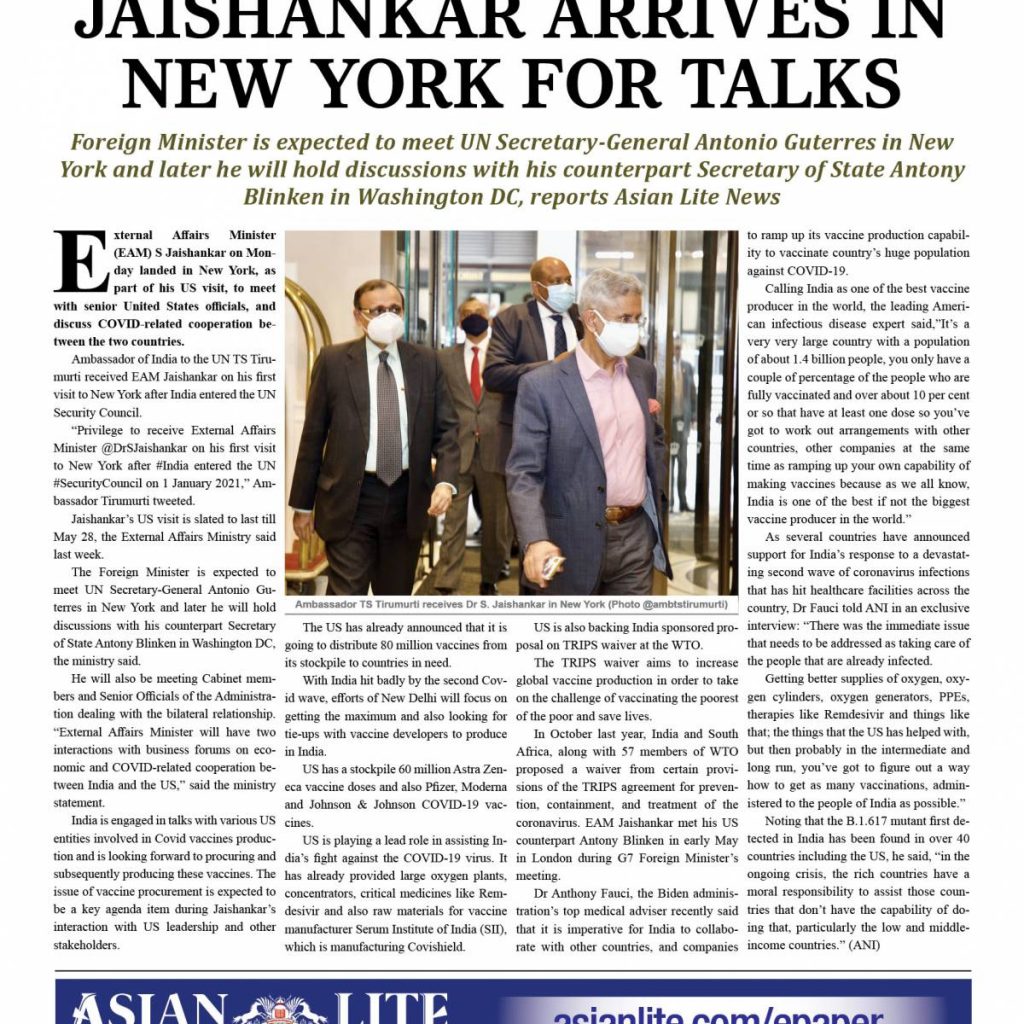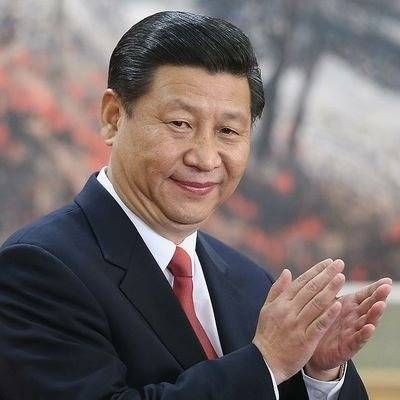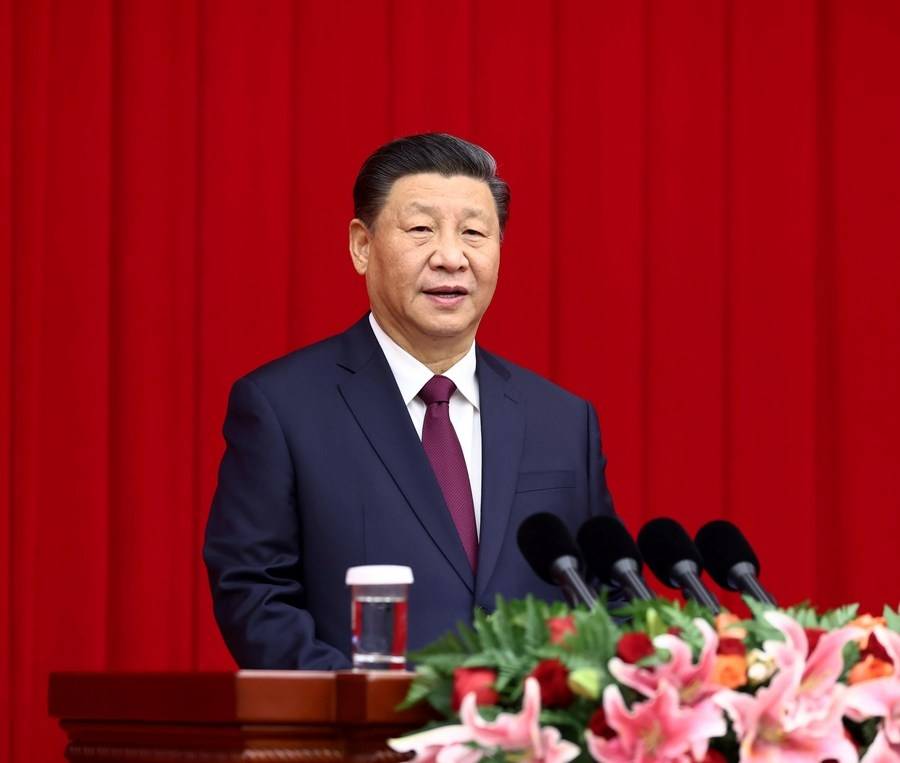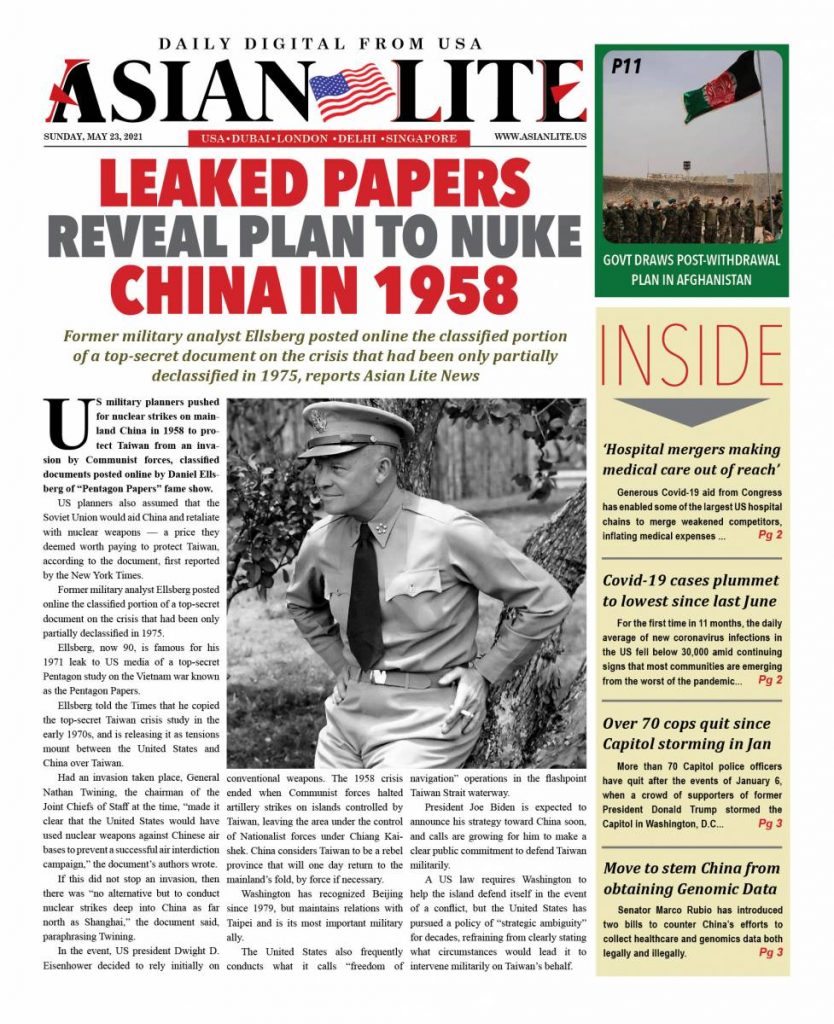India’s External Affairs Minister said QUAD – Quadrilateral Security Dialogue has filled the gap that has emerged in contemporary times where there are global or regional requirements, reports Reena Bhardwaj
External Affairs Minister S Jaishankar, who is on a five-day US visit, discussed wide range of issues related to shared priorities and regional security challenges including Quad during his meeting with Secretary of State Antony Blinken and Secretary of Defense Lloyd Austin.
Regarding Quadrilateral Security Dialogue (Quad) consisting of India, the US, Japan and Australia, Jaishankar said “the strategic group has filled the gap that has emerged in contemporary times where there are global or regional requirements.”
ALSO READ – Jaishankar, Blinken, affirm strong India-US ties
“Quad fills a very important gap that has emerged in contemporary times,which cannot be filled by a single country, which cannot even be furthered by one bilateral relationship, and which is not being addressed at the multilateral level, Jaishankar added.
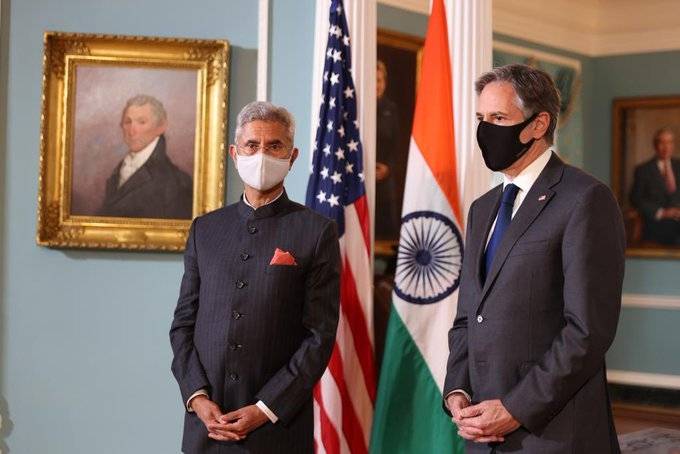
Quad alliance is seen by Beijing as a part of efforts to counter China’s influence in the Indo-Pacific region. In an effort to strengthen Indo-Pacific cooperation through the Quad, the alliance had earlier discussed maritime security, connectivity, including technology issues, supply chain issues, vaccine production.
“So, there are a whole set of issues in the world have many, many concerns, you know, the many concerns have to be addressed by somebody, I mean, big countries can do a large portion of it, big relationships can add to it. But at the end of the day, most things work better if a group of countries sit together and say, okay, we all have similar positions and similar interest, and why don’t we all sit and address those sets of issues? So that’s how we see Quad we see what I mean, is an expression of the convergence of interests of many countries, it is, in many ways, a reflection of the contemporary nature of the world,” said Jaishankar.
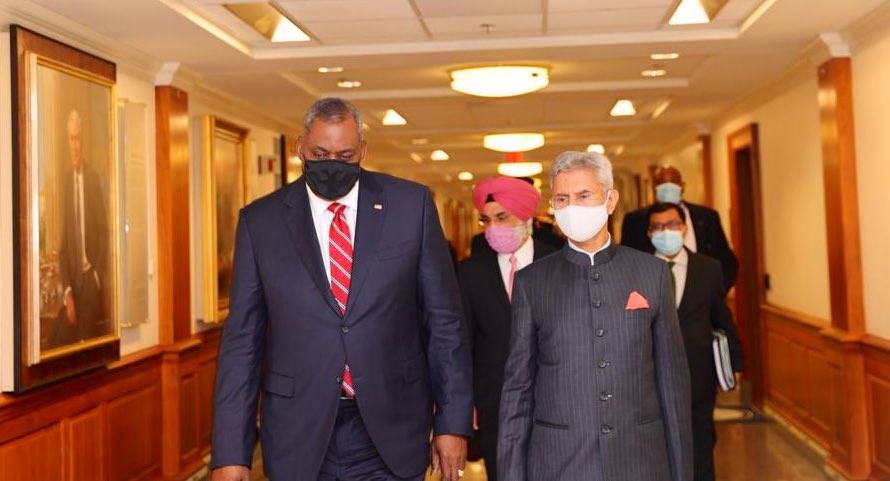
He also said that both the countries have also shared their concerns over China’s problematic activities, coup in Myanmar and COVID-19 origin tracing.
“On China, we shared concerns about Southern China’s problematic activities in the region, and it becomes increasingly like-minded on these issues. On the coup in Burma, the US and India have called for an end to the violence, urged the release of political prisoners, and called for the restoration of democracy,” informed DeanThompson, the Acting Assistant Secretary, Bureau of South and Central Asian Affairs in his briefing to reporters.
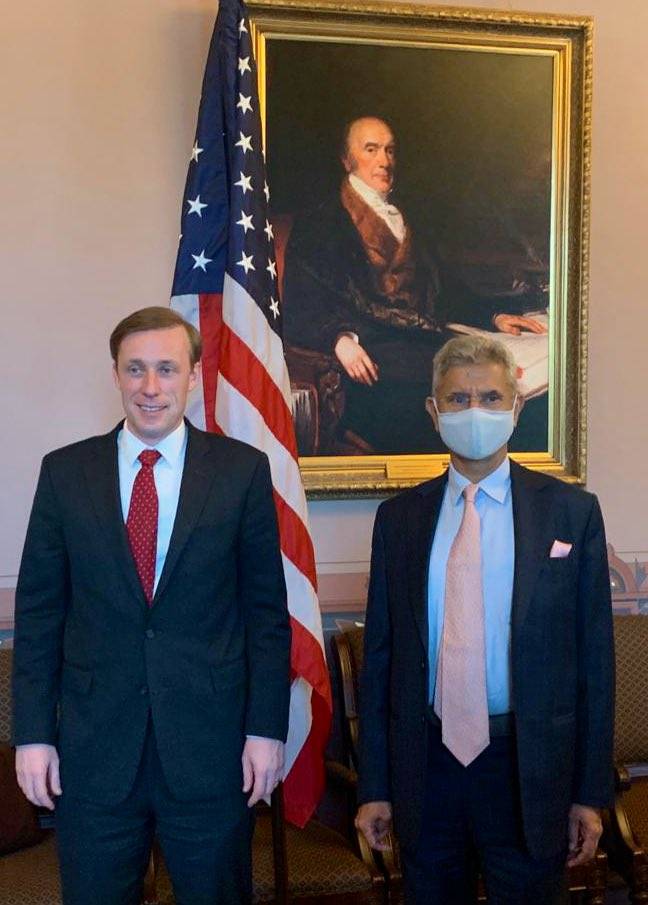
Talking about Afghanistan, Jaishankar said, “There is a recognition, clearly in the United States as indeed in many other countries. You know, when you talk about the future of Afghanistan, India, is an important part of that conversation. Just as when we look at Afghanistan, clearly, you know, given the American presence over many years, it is something that we will be discussing.”
During his meeting with Secretary of State Antony Blinken and Secretary of Defense Lloyd Austin, the issue of Afghanistan came up.
US troops will be withdrawing from Afghanistan by September 2021 and many fears that the withdrawal of foreign troops will lead to unrest in the war-torn country.
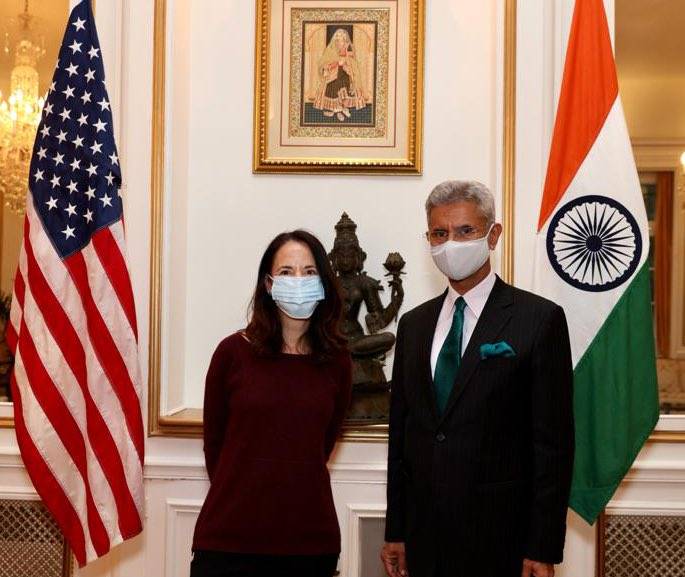
“The possible scenarios, once the US military draws down is obviously something which is, which matters us, it matters very much. It matters to the United States, and it has a larger regional presence. So, in one of these meetings, this subject came up. I don’t think it was so much an issue of what is India’s role, I mean, India has interest, India has influence, India has stakes, India has a history.”
India had offered Afghanistan, a nascent democracy, an assistance package of USD 1 billion. It is the 5th largest donor to Afghanistan, providing development reconstruction assistance of USD 2 billion since 2001. Also, it supports Afghan-led, Afghan-owned and Afghan-controlled development of the war-torned nation.
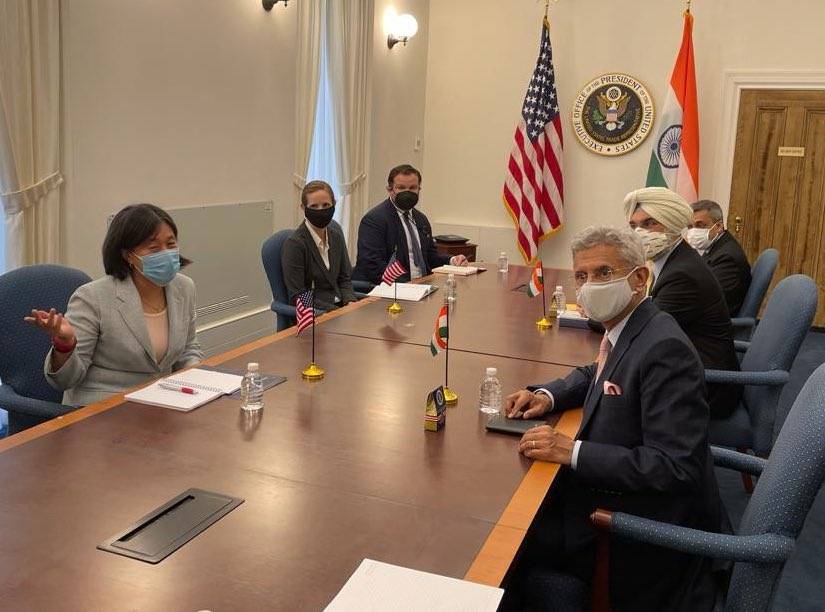
Regarding, India’s position on COVID-19 origin tracing, Jaishankar said that WHO convened a global study on origin of COVID-19 and that is an important first step.
“The probe stressed the need for next phase of studies to reach robust conclusion. So, that is the position which we have taken and the matter,” said Jaishankar. (ANI)
ALSO READ – Biden pitches mammoth $6 trillion budget

